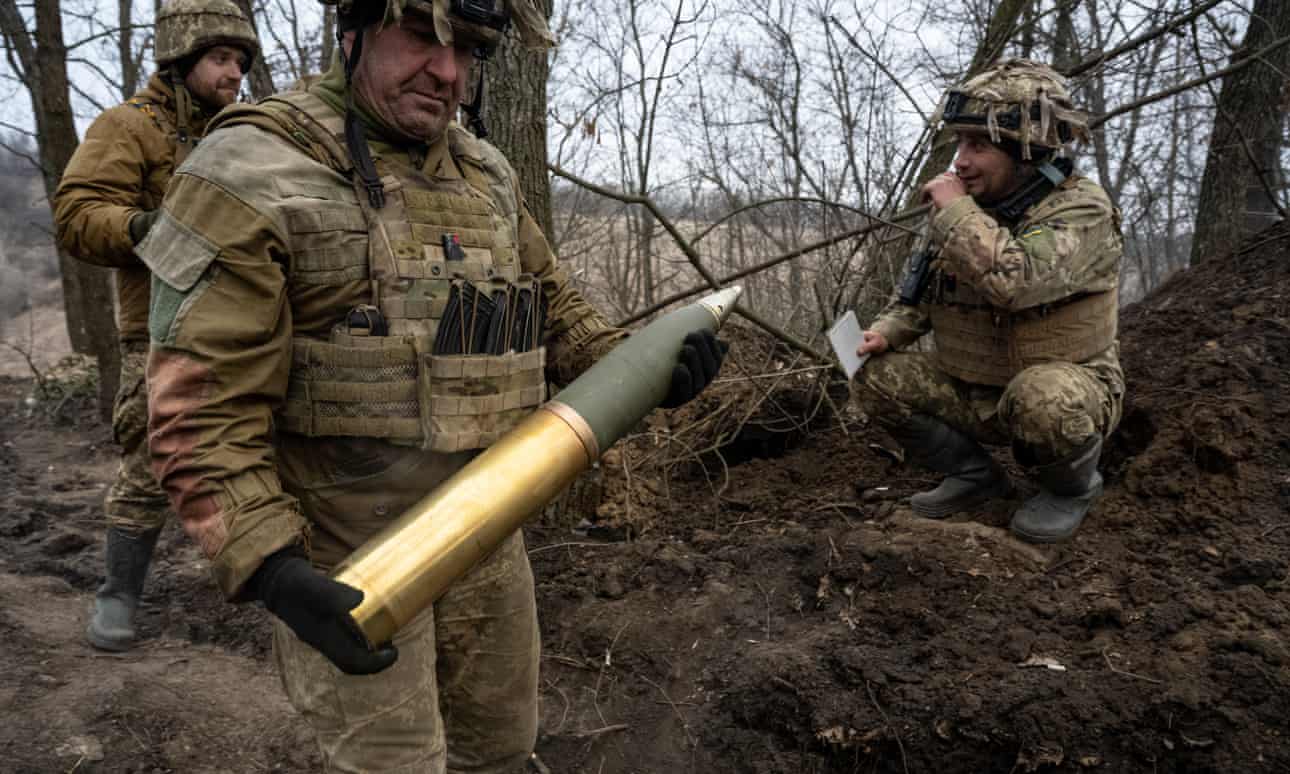PIL DOCTRINE: De Facto Recognition Special cases arise where a legitimate government loses all or part of its power over the State and even flees abroad, becoming a government in exile, and this control is being exercised on the ground by a new, different government. It is called the De facto government. If a state maintains normal diplomatic relations with a new government, this is merely a declaration that the new government is effective but not that it is legitimate. One doctrine holds that a government that has come to power by coup d’état or revolution should not be recognised or regarded as legitimate until it has received democratic confirmation.
The Taliban's Control: Legal Recognizability and Human Rights Obligations
The Taliban's control over Afghanistan raises questions about its legal recognizability given its obligations to human rights. The group's adherence to Hanafi Islamic jurisprudence may make it unable to accommodate these obligations. Despite this, the Taliban subscribes to the doctrine of near absolutism of state sovereignty within its borders, seeking inclusion in the international legal system without domestic legal reforms. Most states have not recognized Afghanistan's government since August 2021, and some have allowed IEA-appointed diplomats to work while maintaining non-recognition policies. The UN has not yet determined which entity can act on behalf of Afghanistan.
"Navigating Complex Issues: Recognizing the Taliban's Status"
The argument that the Taliban cannot be recognized as a government under international law due to its human rights record, particularly its gender-based policies, has been compared to the case of the apartheid regime in South Africa. However, the existence of a jus cogens norm that prohibits the most extreme form of gender-based discrimination and the continuing existence of such policies in many countries weakens this claim. The UN and other states must navigate complex issues related to the Taliban's status for humanitarian aid and assistance in Afghanistan.
Source: The Jurist
Reported by: ALLISON MARAYAG




No comments:
Post a Comment